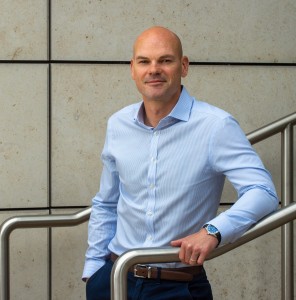Businesses will struggle to survive if they are not flexible enough to adapt to continual change in the Covid-19 landscape we are now living in.
Those businesses that develop the right tools, flexible structures and forward plans will not only survive in the long term but will get ahead quickly in the current marketplace and could potentially lead the field. 
As government guidance and the underlying law changes day by day, businesses and management will need to understand their operations, market and customers better than ever before.
Here is a useful checklist of important questions for business and management:
- How is the business running now it has re-opened (or how will it run when it does)?
- How is it different from before?
- What further changes might be coming and how do you minimise their impact?
- What are the capacity constraints of your business, taking into account things like social distancing and mask wearing?
- How will this affect break-even points, profitability and cash?
- Can the business cope with renewed demand?
- Does it have the cash availability to restore stock levels, bring staff back from furlough and to meet liabilities that have been accruing or deferred while it has been dormant?
- If you sell to consumers, how will you persuade them that the risks are low and that they will not need to queue around the block? Are there new delivery channels?
- If you sell to other businesses, are they able to restart trading and will they do so in the same way? Will demand increase or reduce, and will there be pressure on pricing?
- How will your medium and long-term strategy or operations have to alter because of changes in the marketplace and the operating environment?
- How will the business react to further change, including temporary and local lockdowns?
Some reports have suggested there could be a second wave of the virus, which could bring further restrictions.
On top of this, soon the pressure will be on to pay those deferred taxes and rents, and to start making debt repayments for all the extra borrowing taken on.
The hardest question for any business manager and owner is whether their business can survive and return to profitability – and if so, how?
It is important to recognise where there is a need for specialist advice and bring that support in early. This will get a business onto the right path fast, especially if there is any concern about the business’s survival.
While we are all working out our new ‘business as usual’ or even business for now, there will be those who fall behind and fail. Businesses which set out with the right tools and set themselves up for regular and rapid change, are those that stand the best chance of avoiding that fate.
Smith & Williamson’s restructuring and recovery team has produced a free guide free for businesses called Top practical action areas to help your business recover and rebuild post-Covid. Download it here
Tim Sloggett is a partner in Smith & Williamson’s Bristol-based restructuring and recovery services (RRS) team.






























